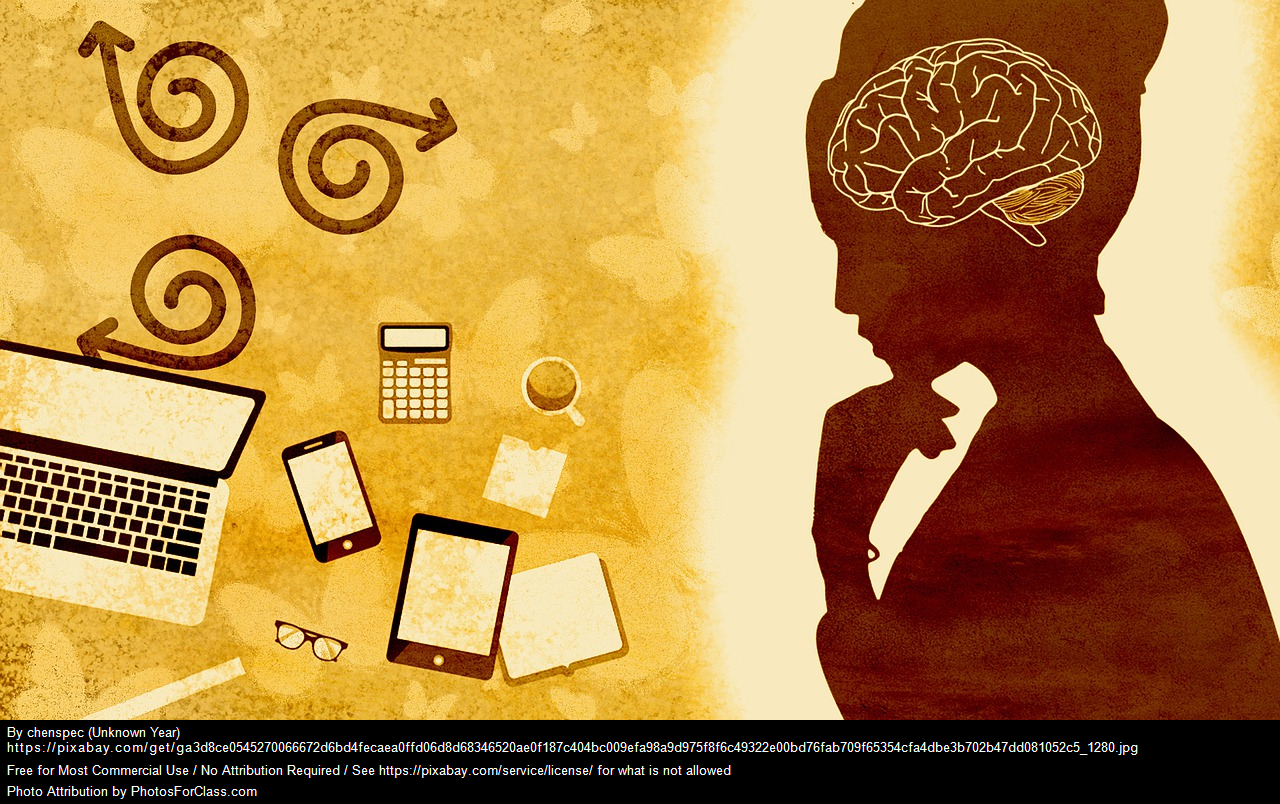Journalists have faced historical levels of criticism and mounting pressure to accurately report on a virus that breaks all of the rules. Awareness of racial injustice and police brutality, country-wide protests and a monumental presidential election created societal and political outrage. America was a powder keg without the oppressive blanket of SARS-CoV-2 and the lingering effects it’s having on our lives. Journalists are struggling to maintain their mental wellness in these trying times.
Dr. Anthony Feinstein, neuropsychiatrist and a professor of psychiatry at the University of Toronto, and Meera Selva, the Director at the Journalist Fellowship Program at the Reuters Institute for the Study of Journalism linked reporting on COVID-19 with declining mental health among journalists. Seventy-three journalists were asked questions relating to the pandemic, “the majority of our respondents suffer from some levels of psychological distress and responses suggest that 26% have clinically significant anxiety compatible with the diagnosis of Generalized Anxiety Disorder.” Feelings of guilt, fear, despair, anger, and shame were also present among the journalists.
According to a Gallup Poll conducted in September 2020, “only 31% of American adults trust the media a fair deal.” In the last decade, Americans’ trust in the media only dipped lower than that during the 2016 election cycle. Along with growing political and social tension, global lockdowns felt like a violation of human need to socialize, and as a result, time spent on the internet skyrocketed. John Koetsier, a consumer tech writer at Forbes wrote, “the average user spent a quarter of their waking time on their mobile device: 4.3 hours.” Journalists were also not immune to an increase in screen time.
As we carry on into 2021 and continue to grow as journalists, remember to reach out to your buds. We’re all suffering through this together, and if you know someone working in essential services, tell them to open a window and put their phone down.

